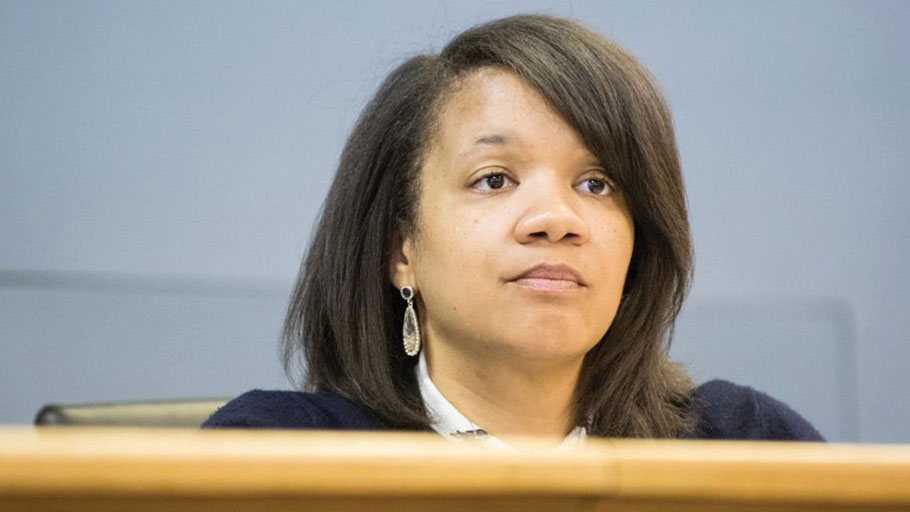Ald. Robin Rue Simmons (5th). Simmons emphasized the Reparations Subcommittee’s plans to include both new homebuyers and current homeowners in restorative housing programs.
Evanston’s reparations subcommittee plans to use $400,000 to fund restorative housing programs for home purchases, home improvement and mortgage assistance. Although the subcommittee initially intended to provide opportunities for homebuyers, once approved by City Council, these programs will also assist residents who already own homes.
To qualify for assistance, program applicants would have to be black residents who have faced housing discrimination due to city policies or practices, or be relatives of black residents who faced housing discrimination in Evanston between 1919 and 1969. Applicants would also be able to layer restorative housing remedies with other grant programs and policies they may qualify for.
The subcommittee does not want to limit opportunities to solely new homebuyers, but is also concerned about how many people will buy homes due to the impact of COVID-19 on the economy. Ald. Robin Rue Simmons (5th) said she is hopeful due to historic low mortgage rates of below 3 percent. She also said a local bank could assist residents with qualifications for mortgages once the housing remedy policy is implemented.
The subcommittee discussed a proposed mortgage assistance amount of up to $25,000 for any qualified black resident.
“It would not require someone who has some mortgage foreclosure or…mortgage forbearance… there’s no income qualifications or financial status,” Simmons said. “This would be true to the vision of reparations for blacks in Evanston, and it would build wealth.”
Deputy City Manager Kimberly Richardson said the goal for mortgage assistance is equity, and since residents’ mortgage situations may vary, it is important to allow flexibility in applicants’ qualifications.
“One thing that we recognize is that some people may be near the end of paying down their mortgage or may be at the beginning of paying their mortgage, or may have some difficulties,” Richardson said. “So an individual can use this assistance in any way to pay off their mortgage, to help pay down their principal or interest, to pay any penalties that they may have, so that they can use that extra money to pay their taxes or pay whatever else they may need to support their housing.”
The subcommittee also decided that all residents who qualify for home purchase assistance would receive $25,000, and those who qualify for home improvement assistance could receive up to $25,000.
Ald. Ann Rainey (8th) inquired about staff’s choice to use the word “loan,” rather than “grant” or “gift.” Deputy City Attorney Nicholas Cummings said the loan language used is similar to some federal grant programs managed by the U.S. Department of Housing and Urban Development.
The restorative housing programs would require individuals to stay in their homes for at least 10 years. The loan language also allows for a pro rata forgiveness, where a portion of residents’ loans will be forgiven every year, Cummings said. Residents will only be required to repay the pro rata portion of the loan upon violating their terms or conditions, such as selling their homes before the 10-year time period ends.
“One of the main reasons we decided to go with a loan versus a grant is because it is essentially allowing the resident to get the benefit of receiving this money without actually changing their taxable income,” Cummings said. “With respect to the gift, we would have to get a tax professional to give us an opinion as to the ability of the municipality to gift something to a resident without actually having to pay the gift tax themselves.”
Source: The Daily Northwestern















